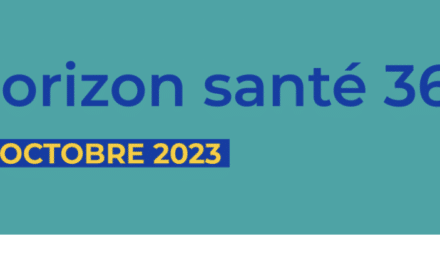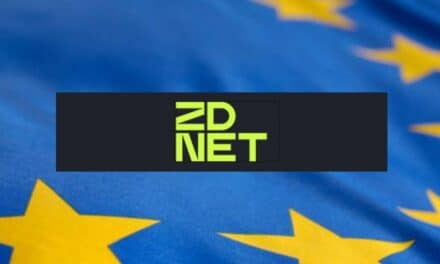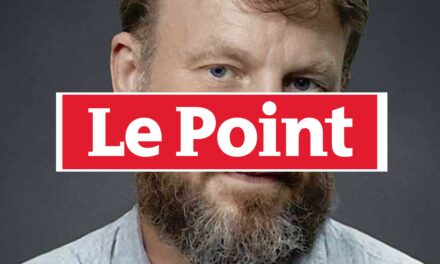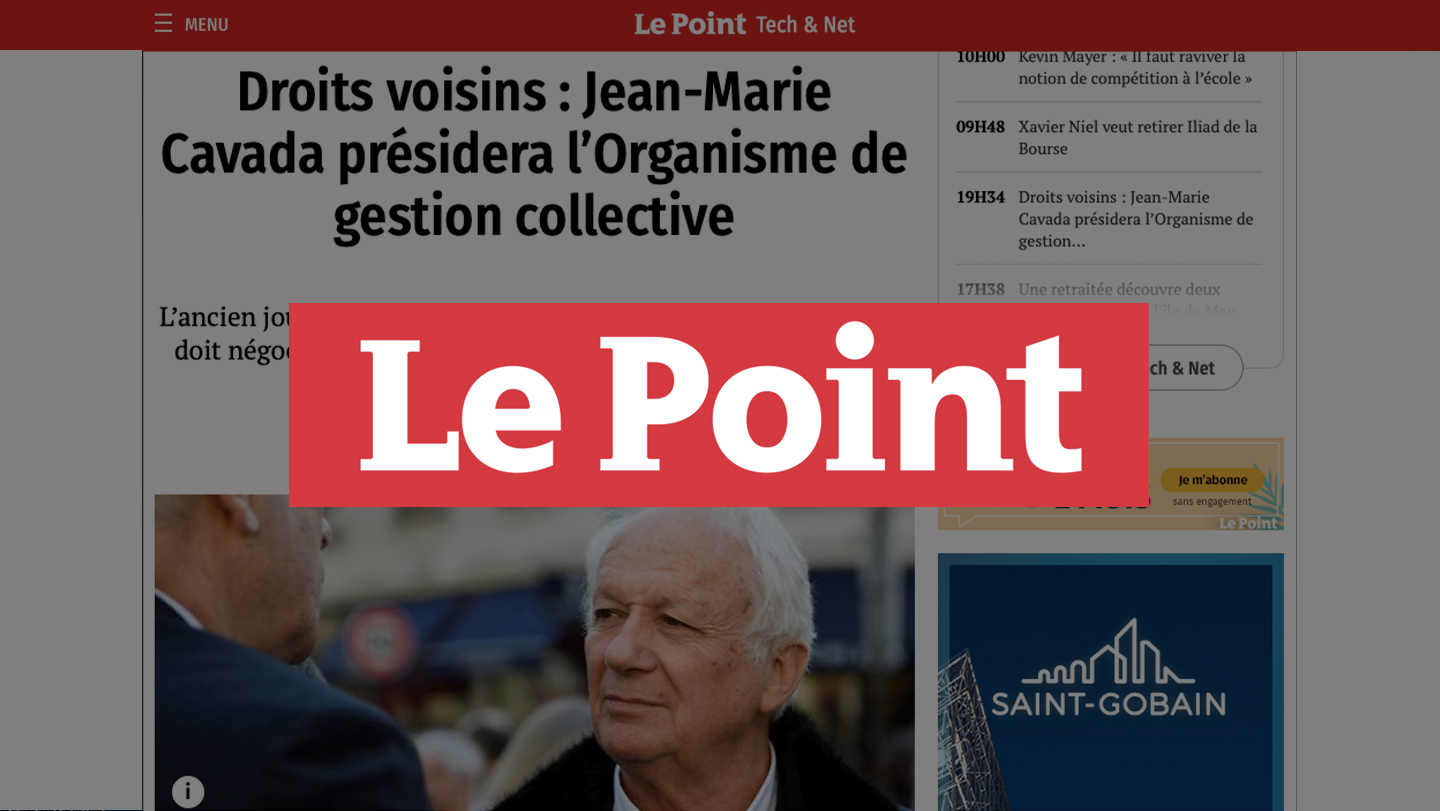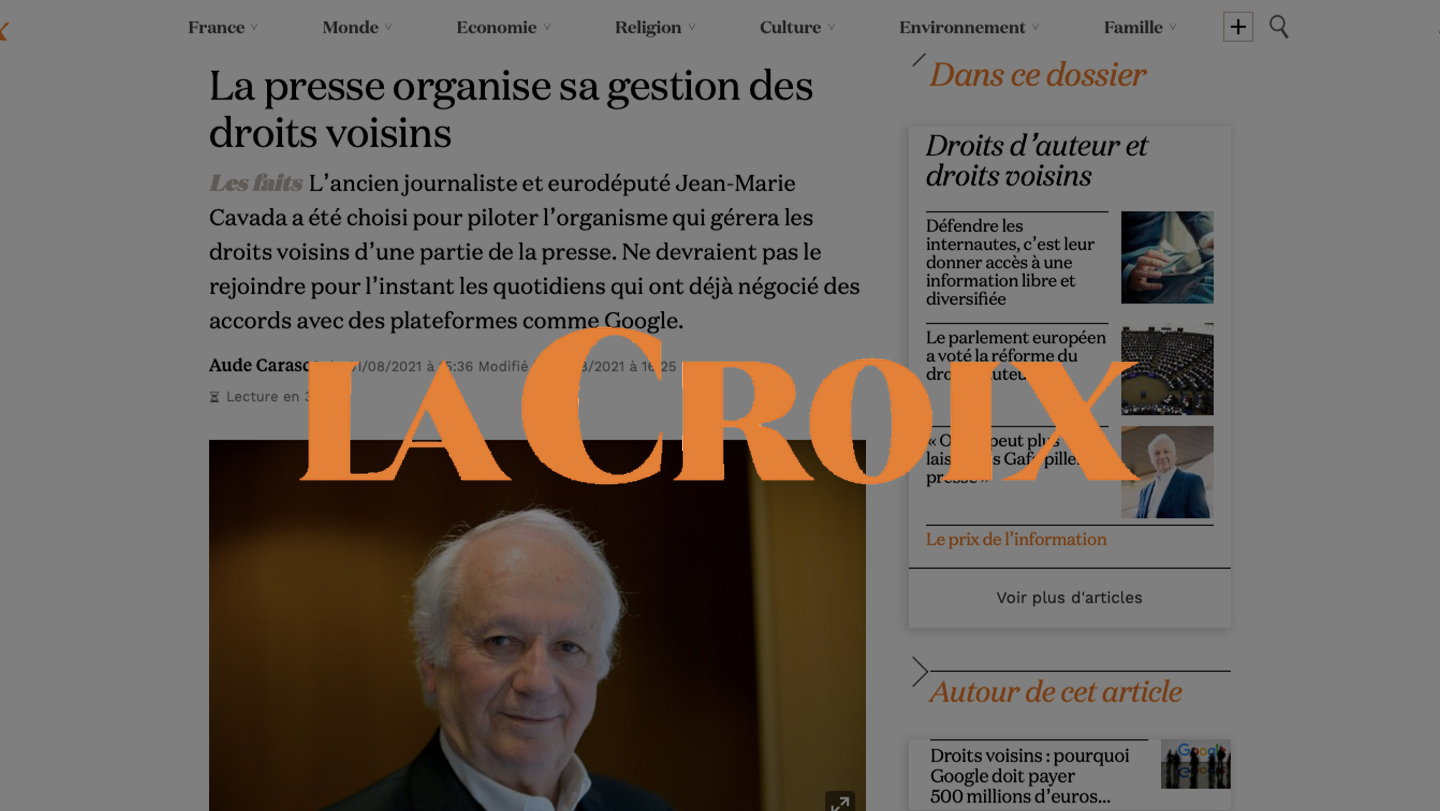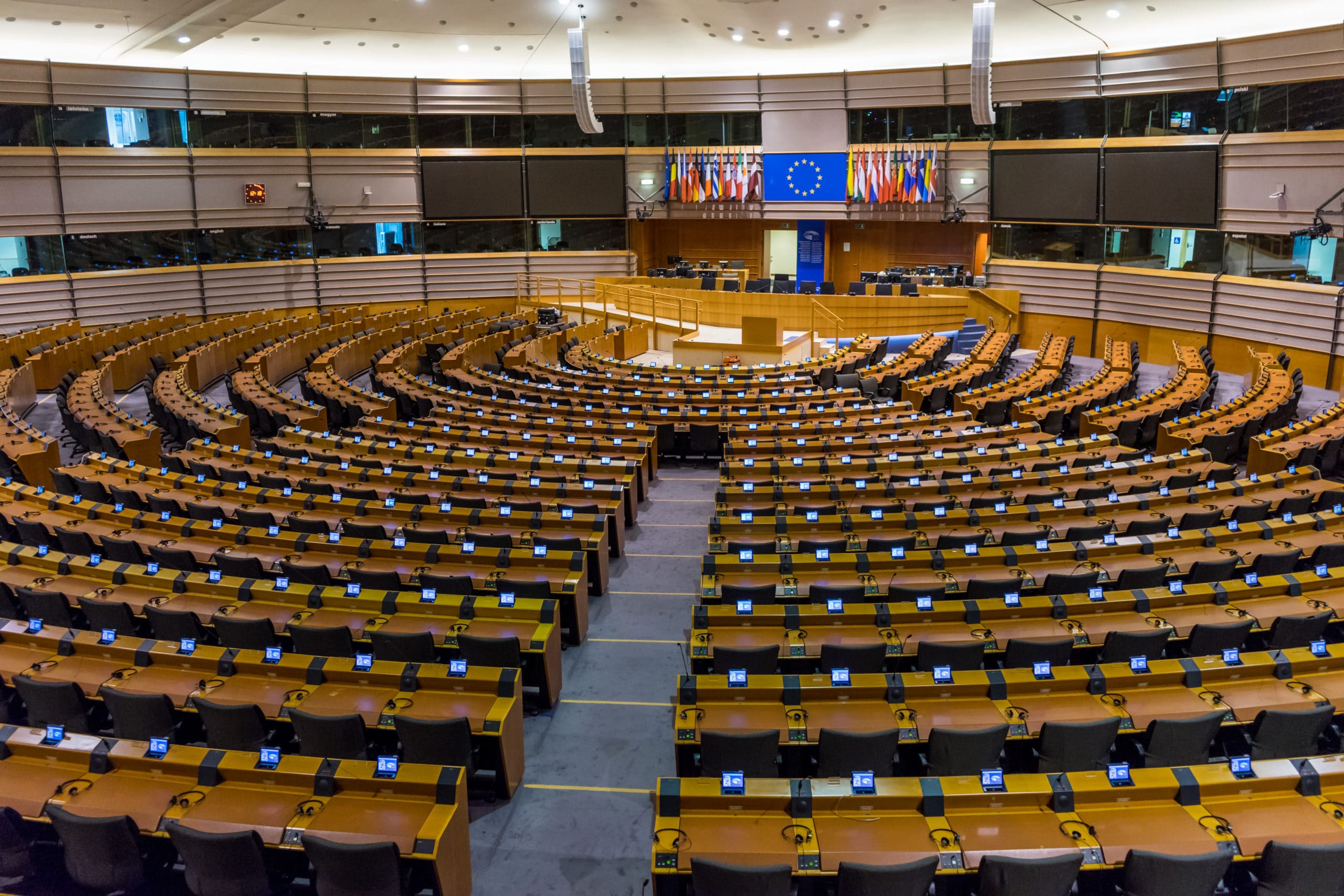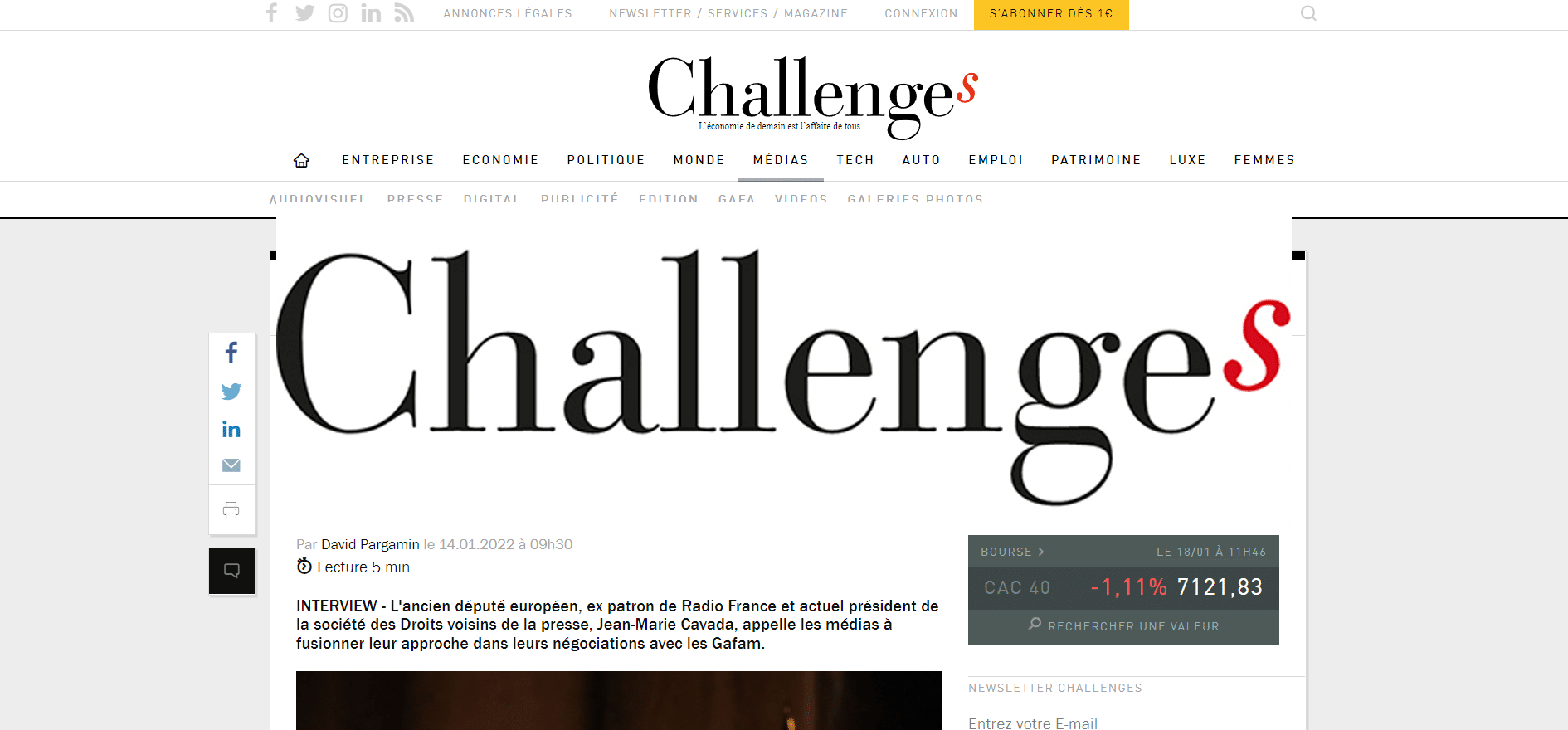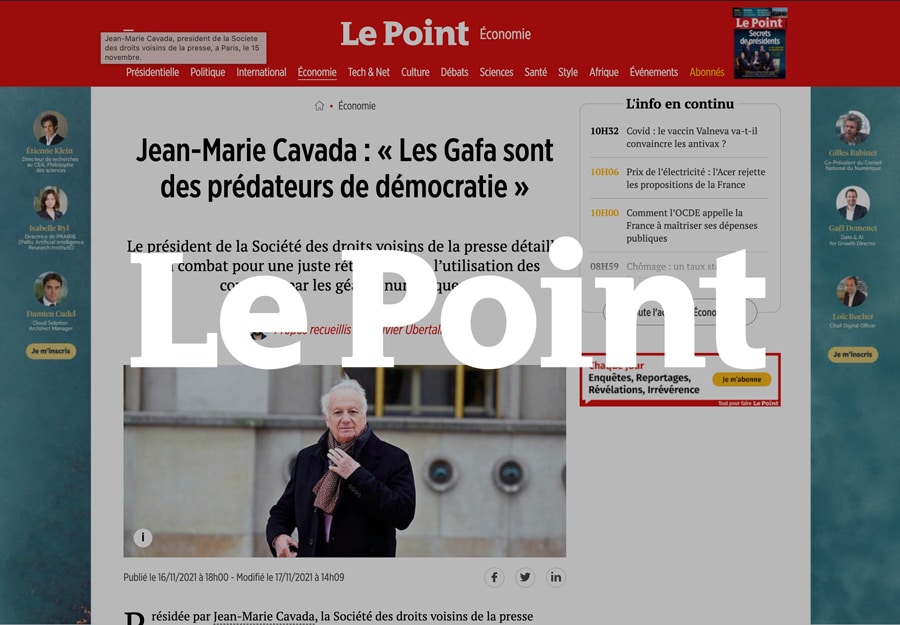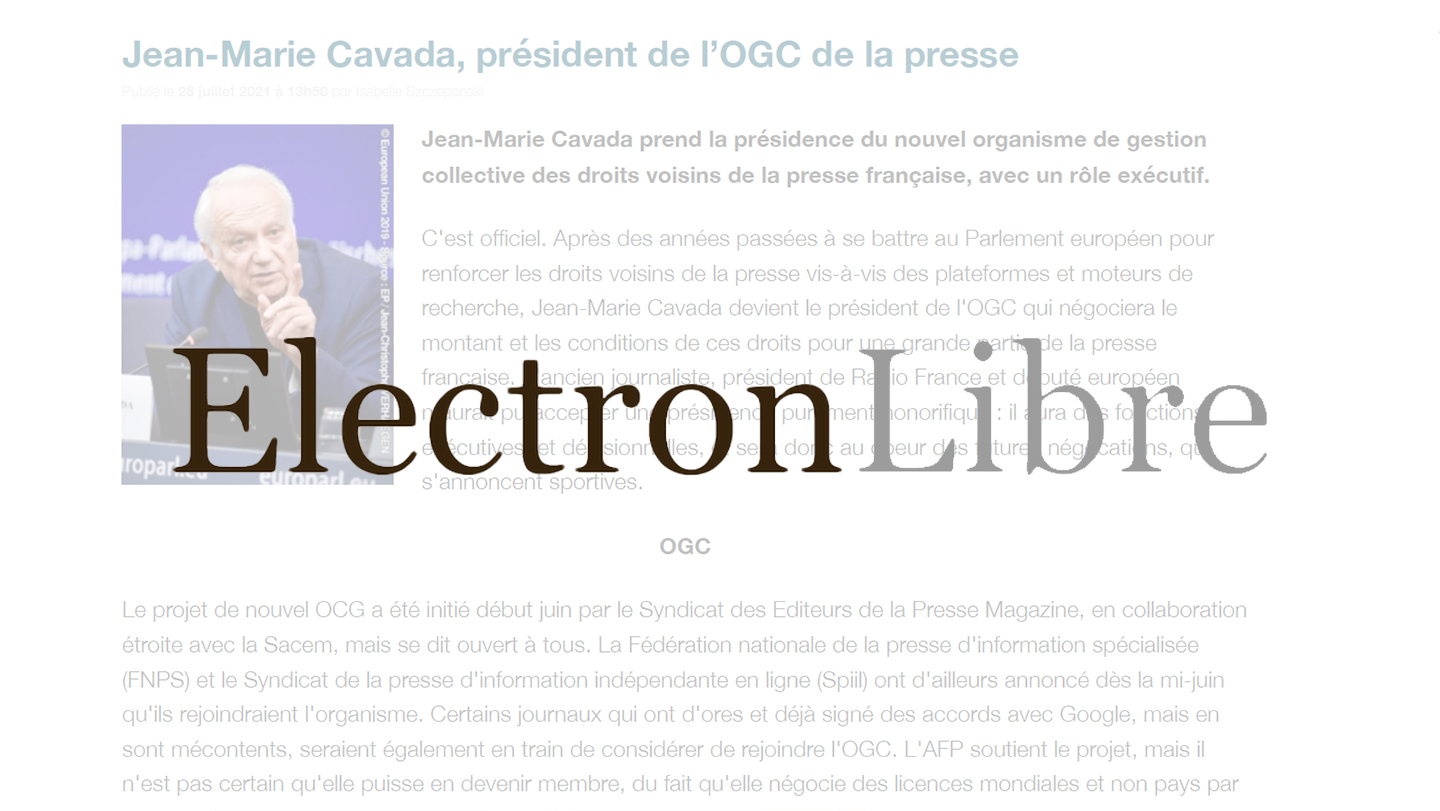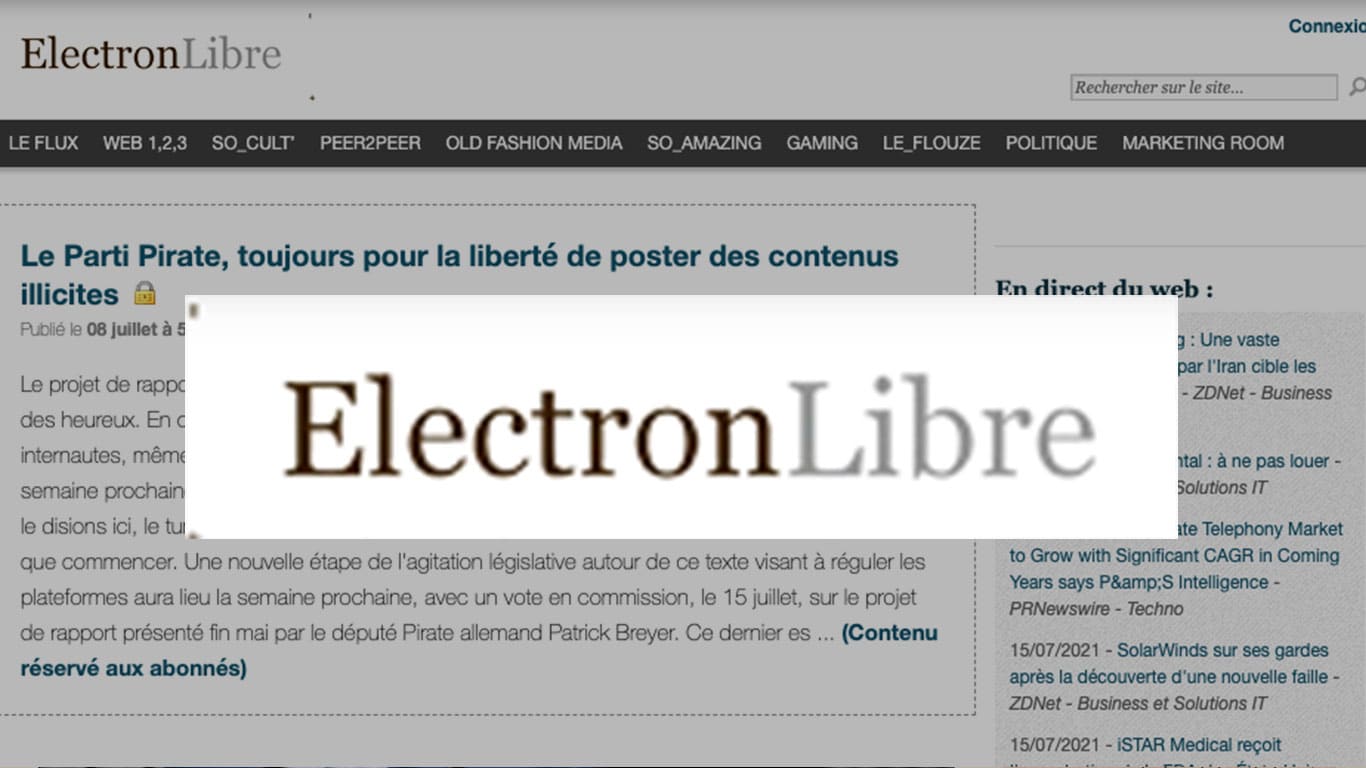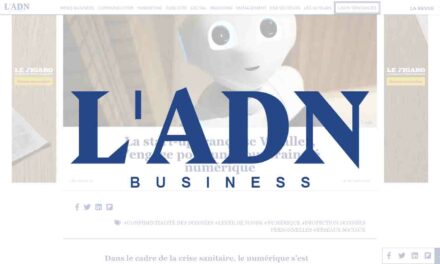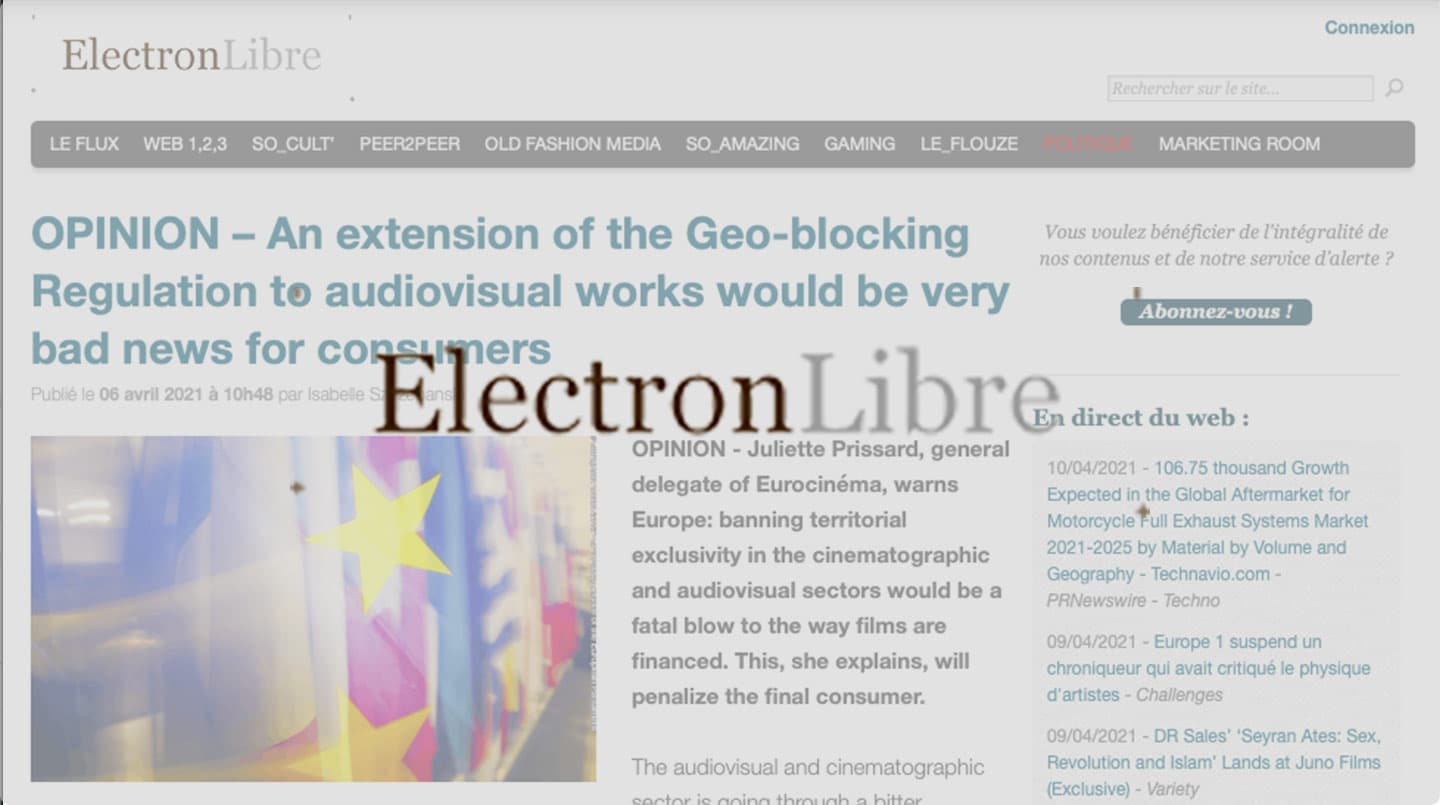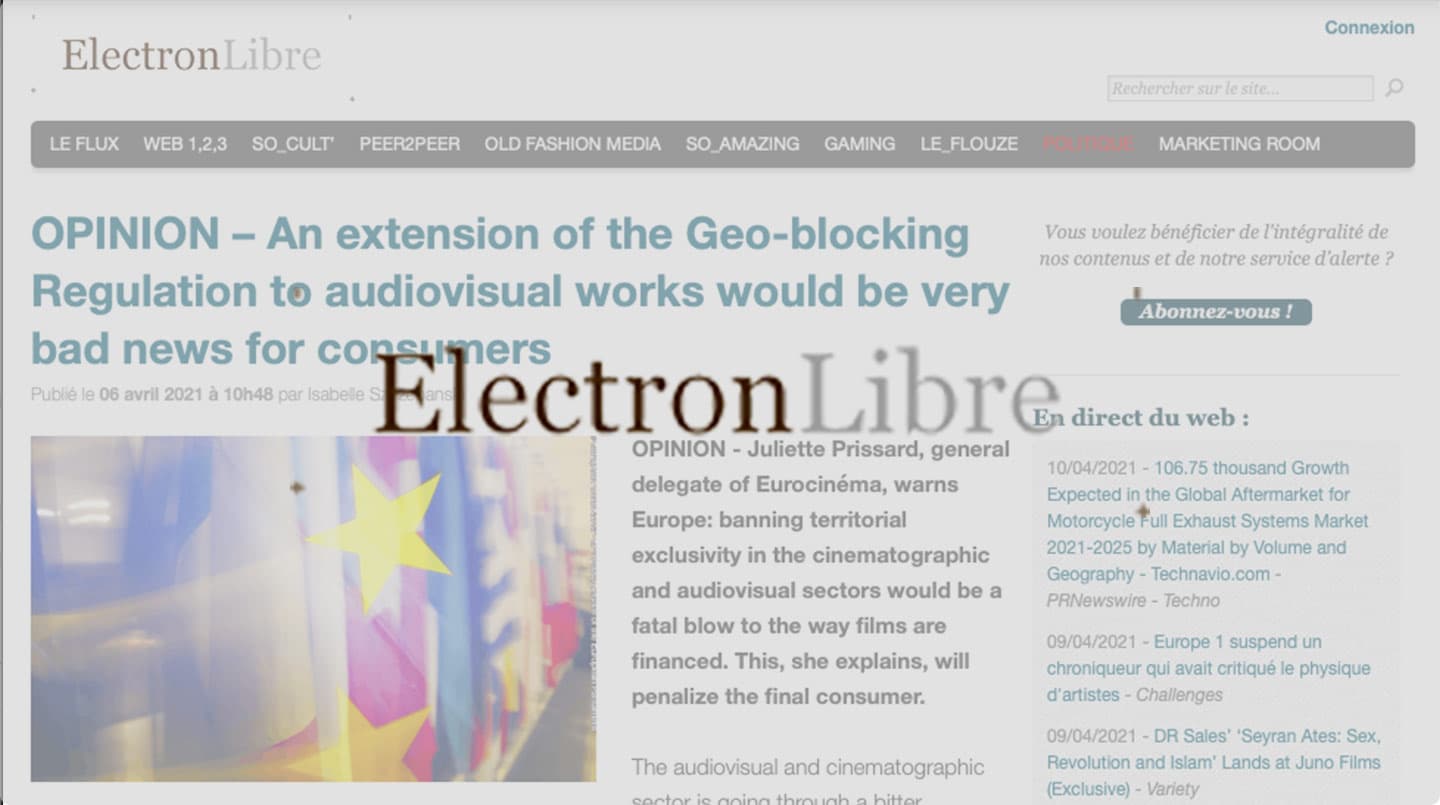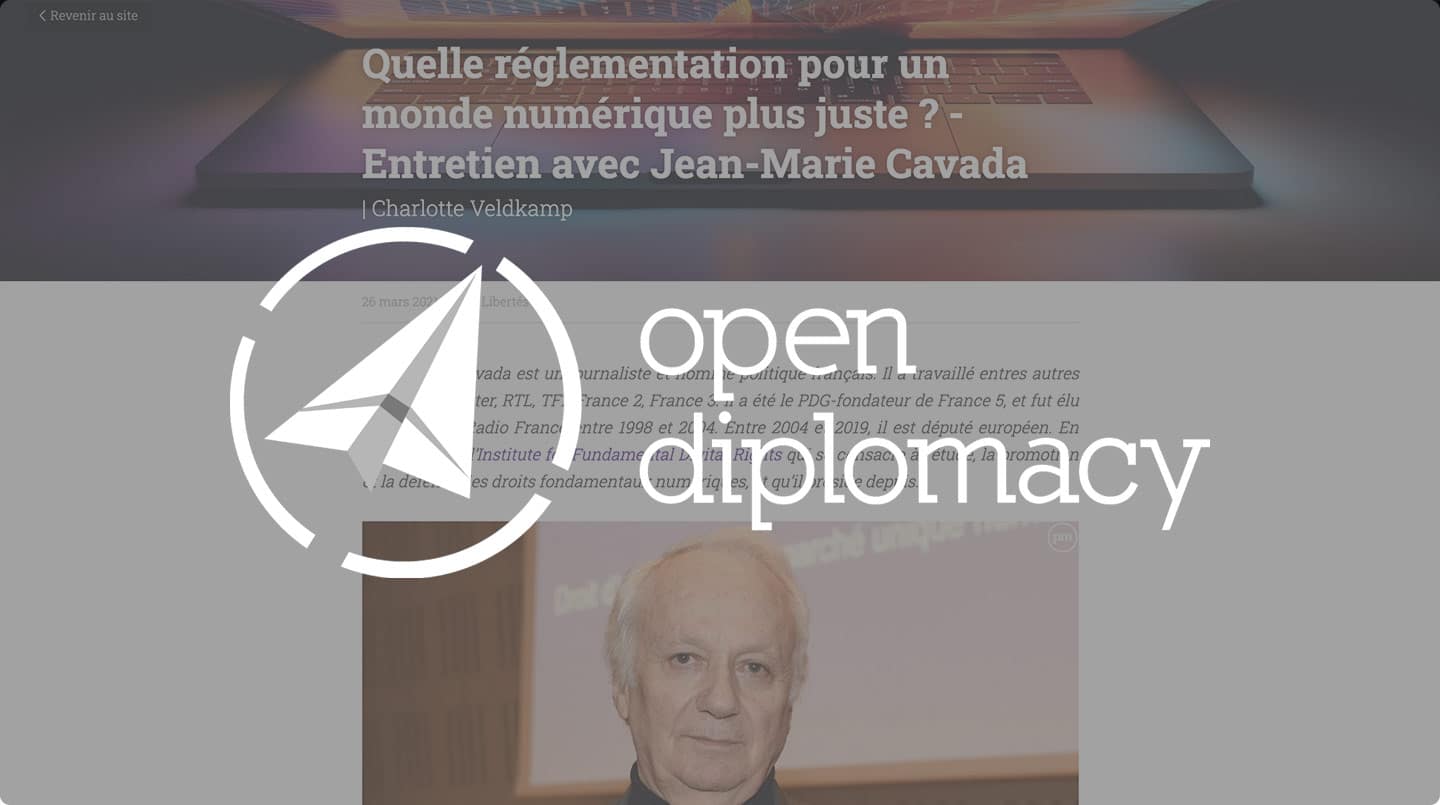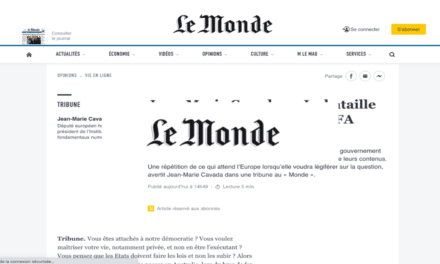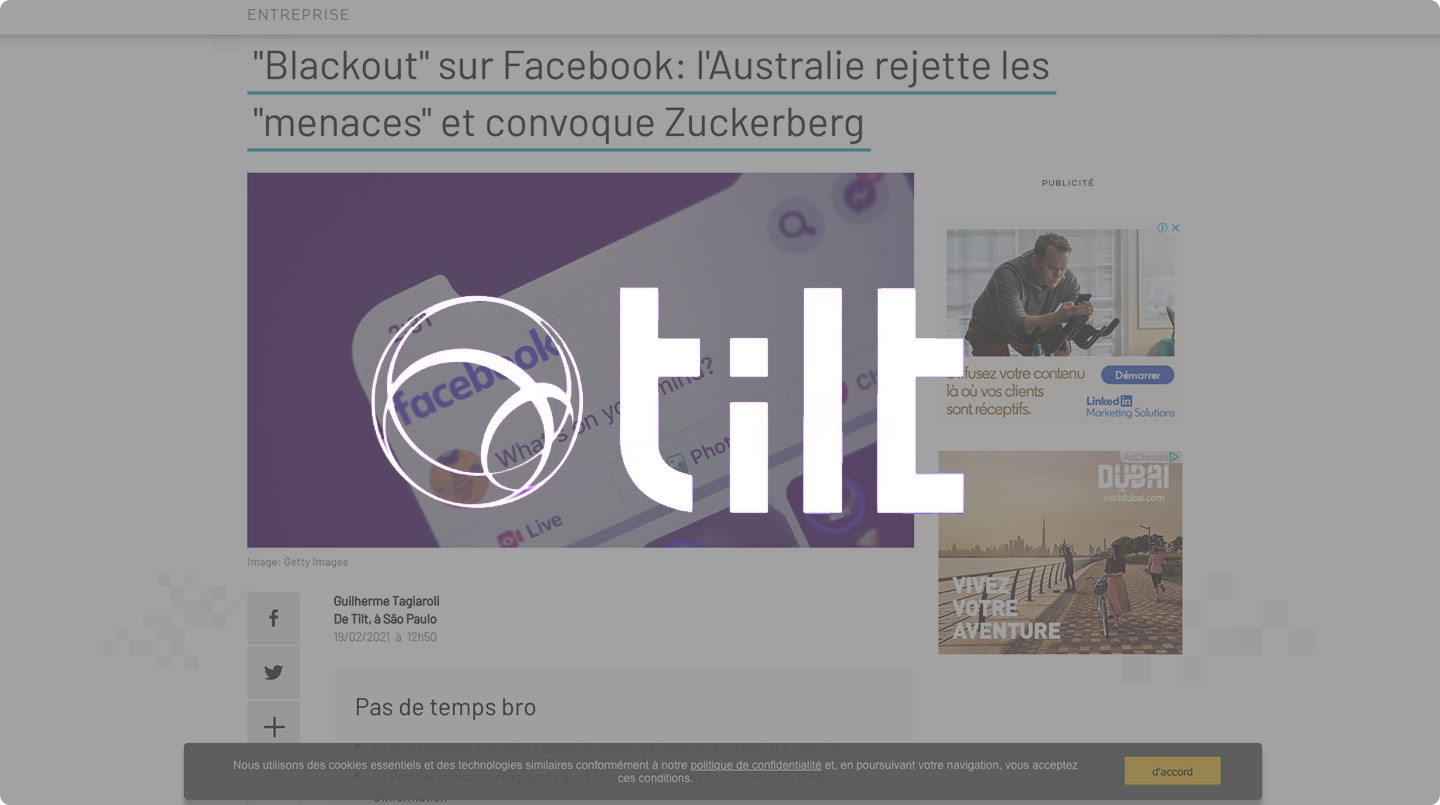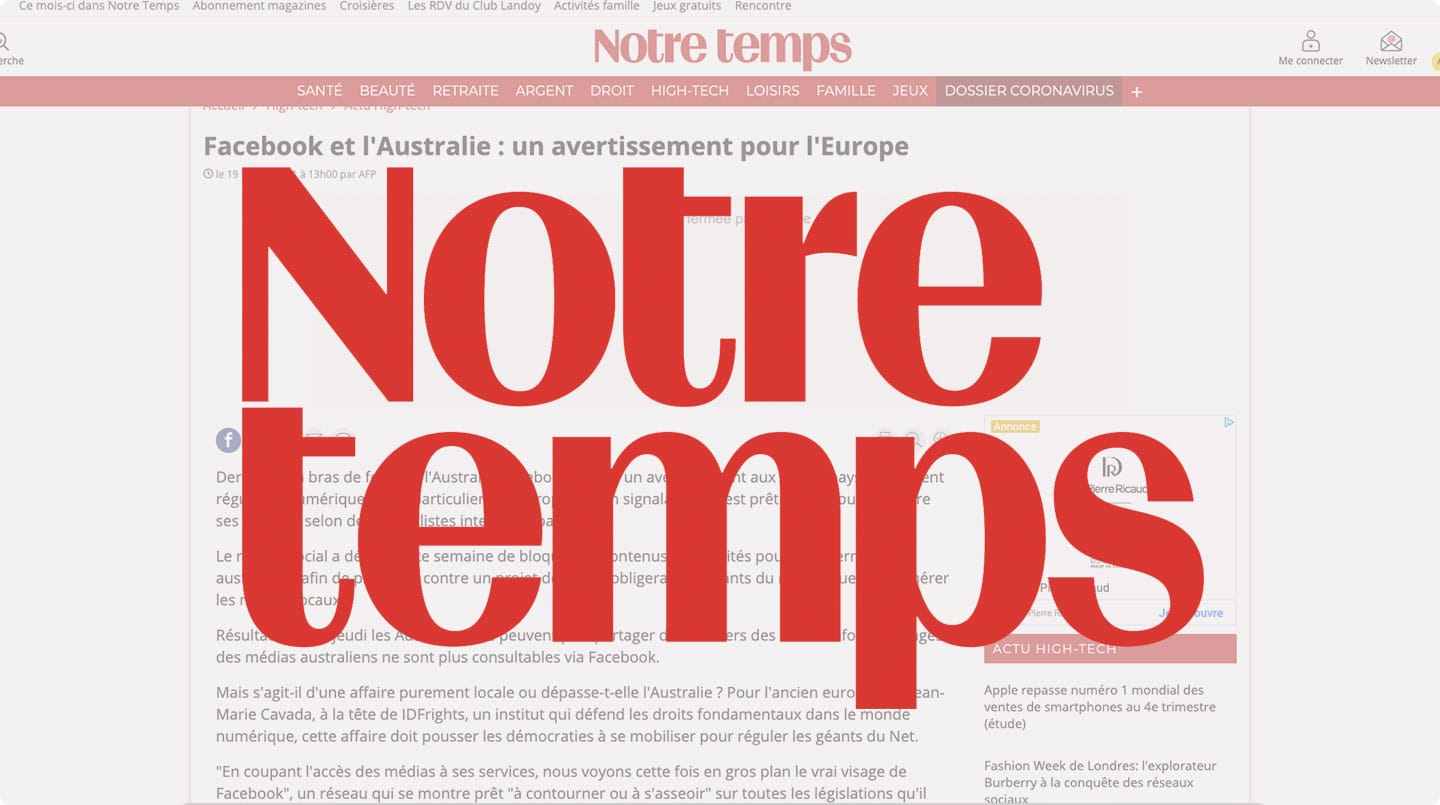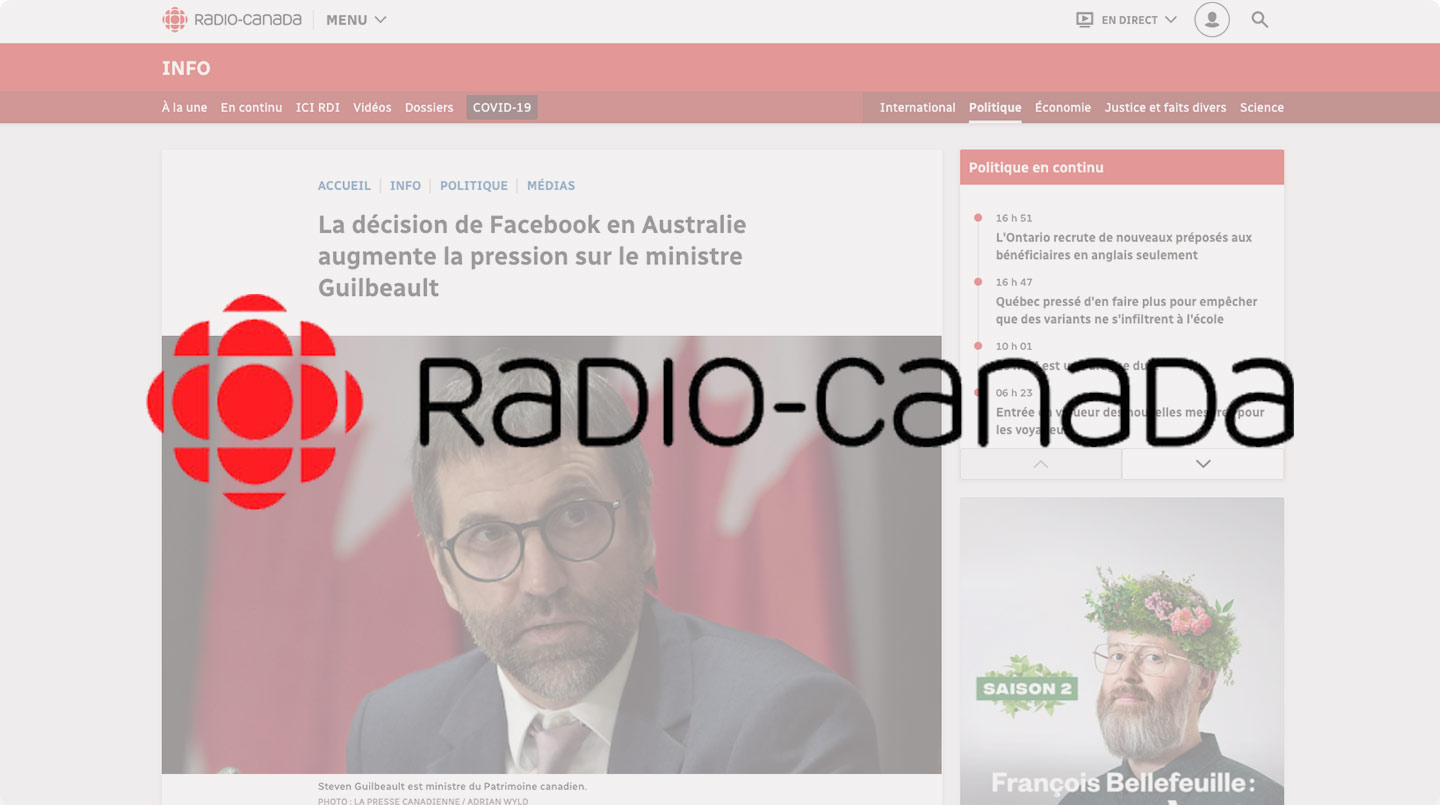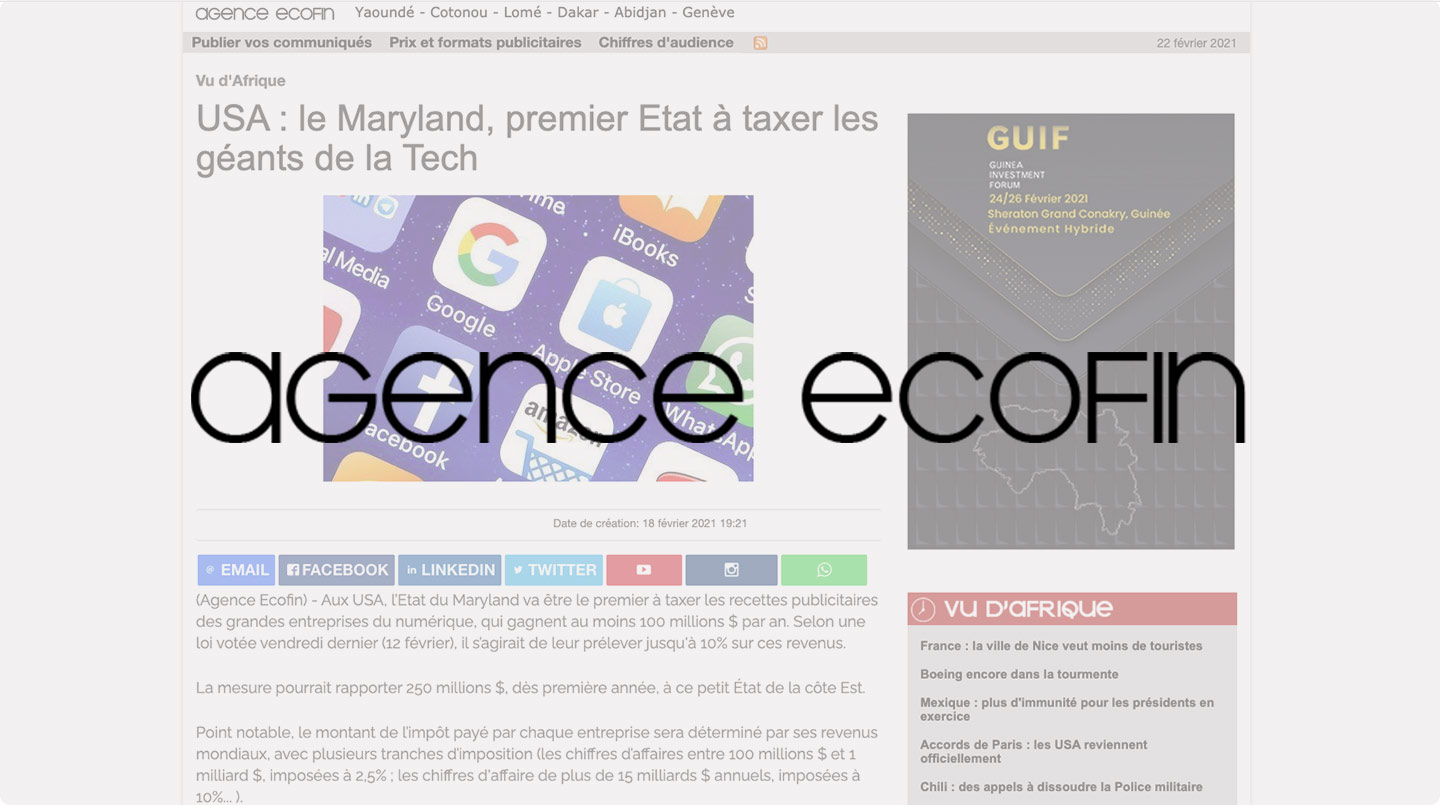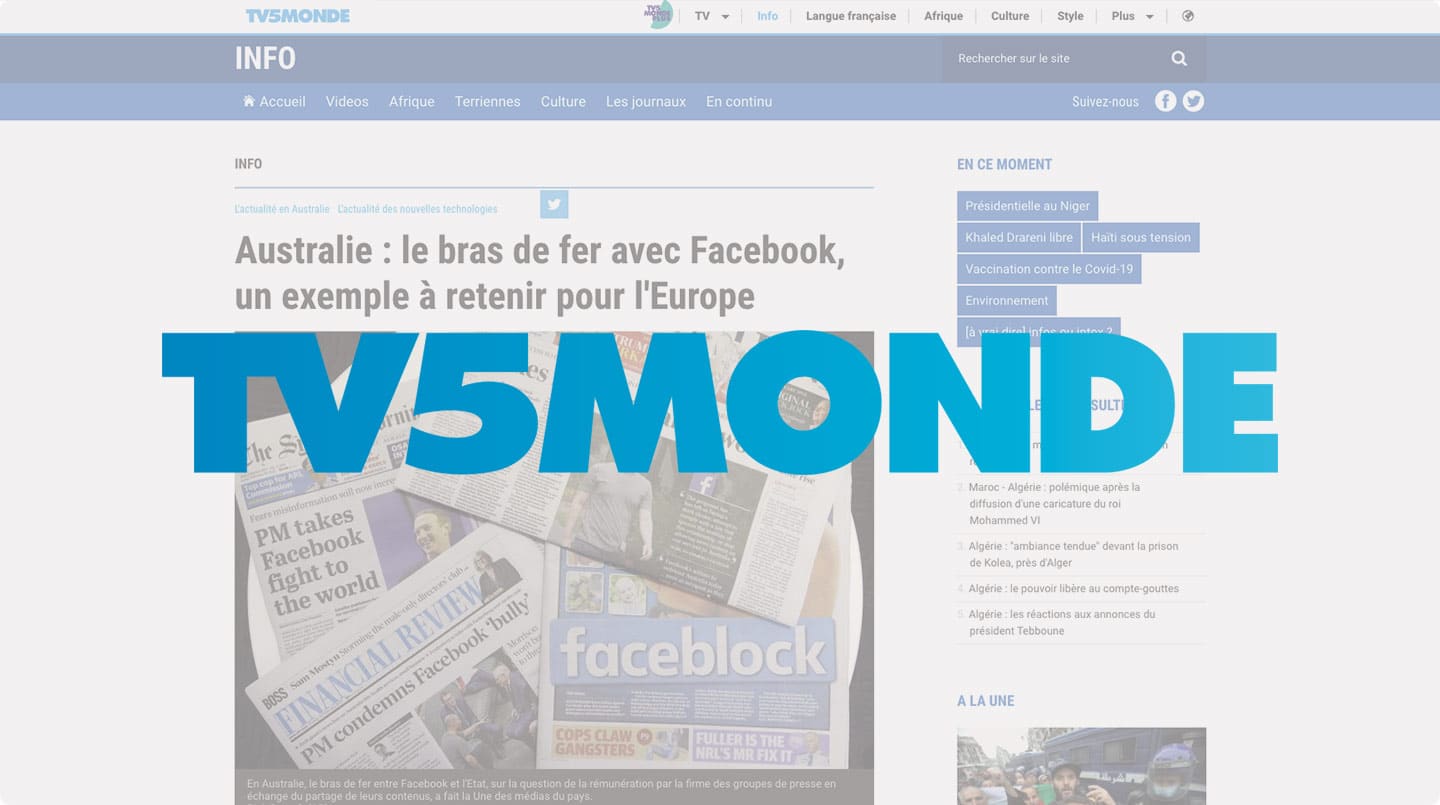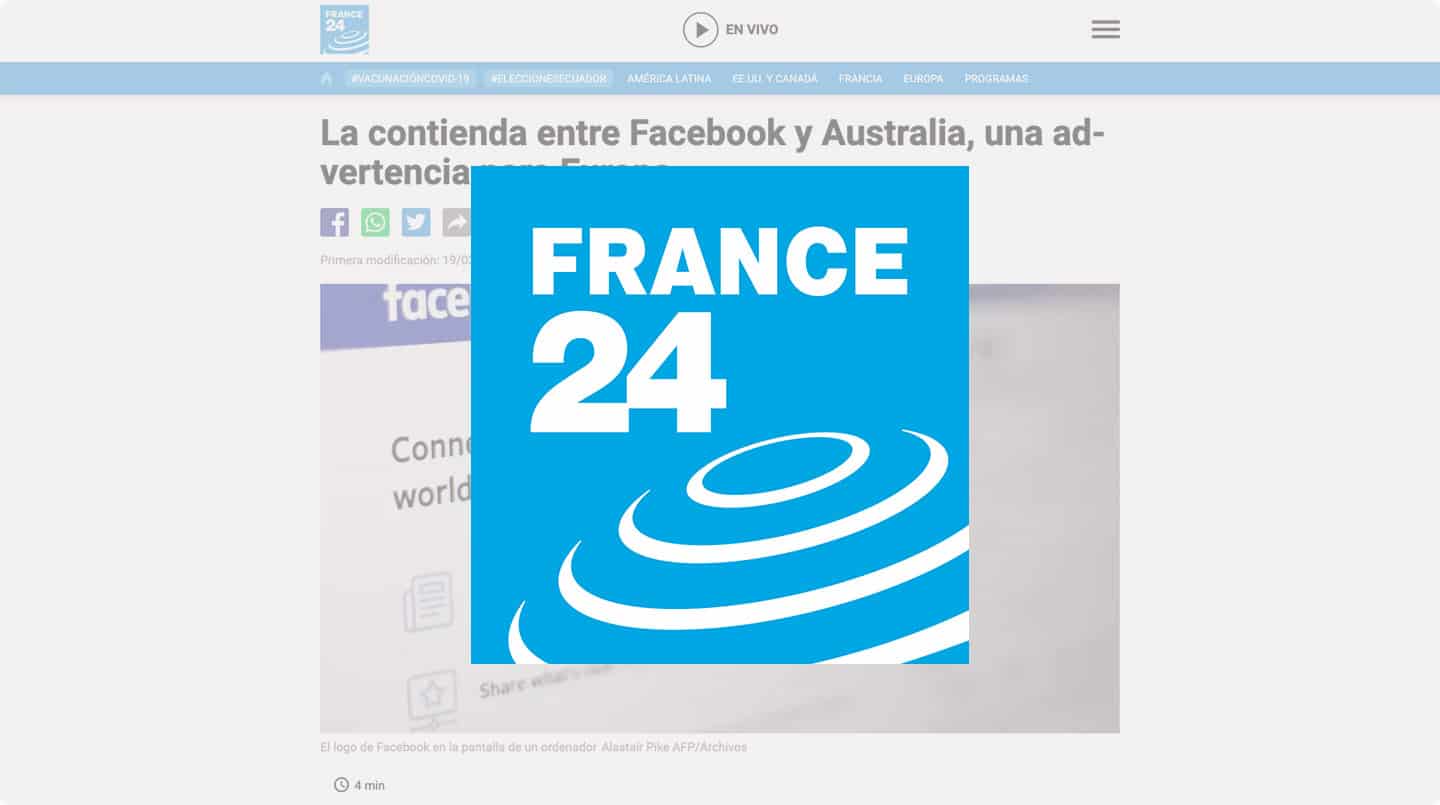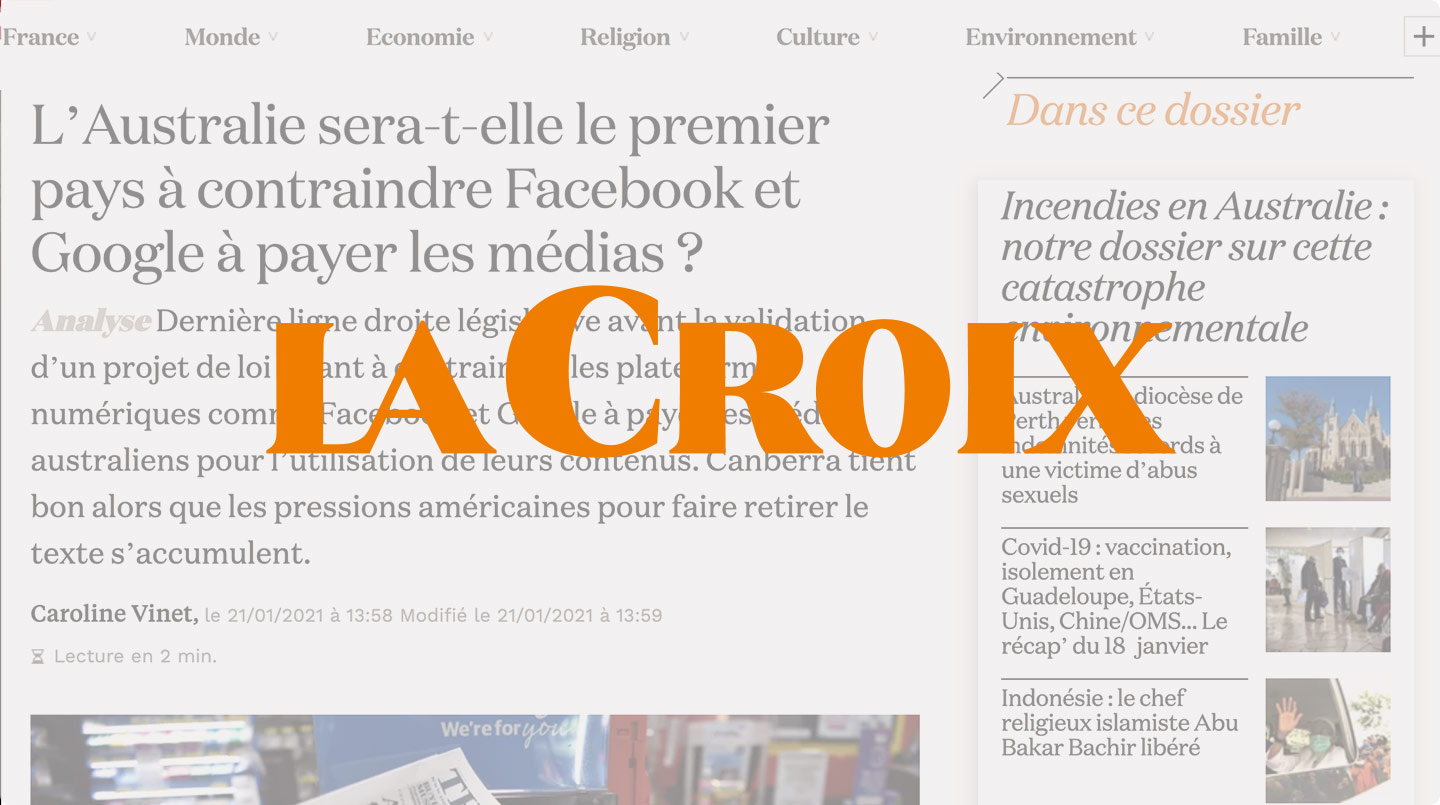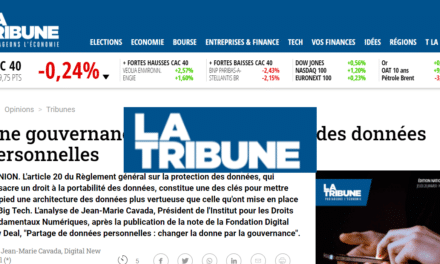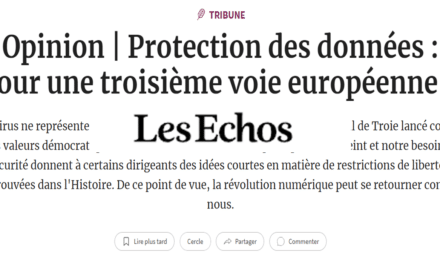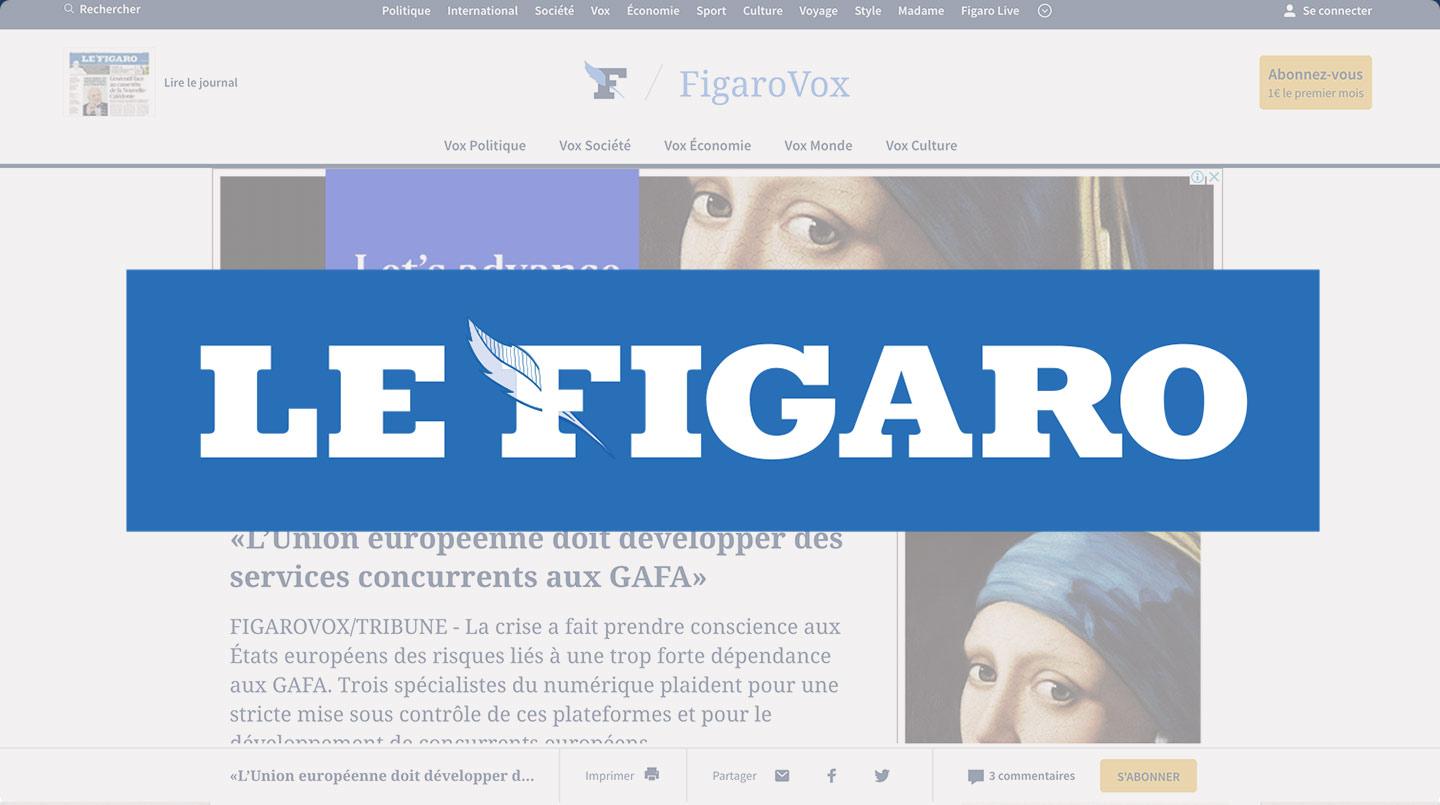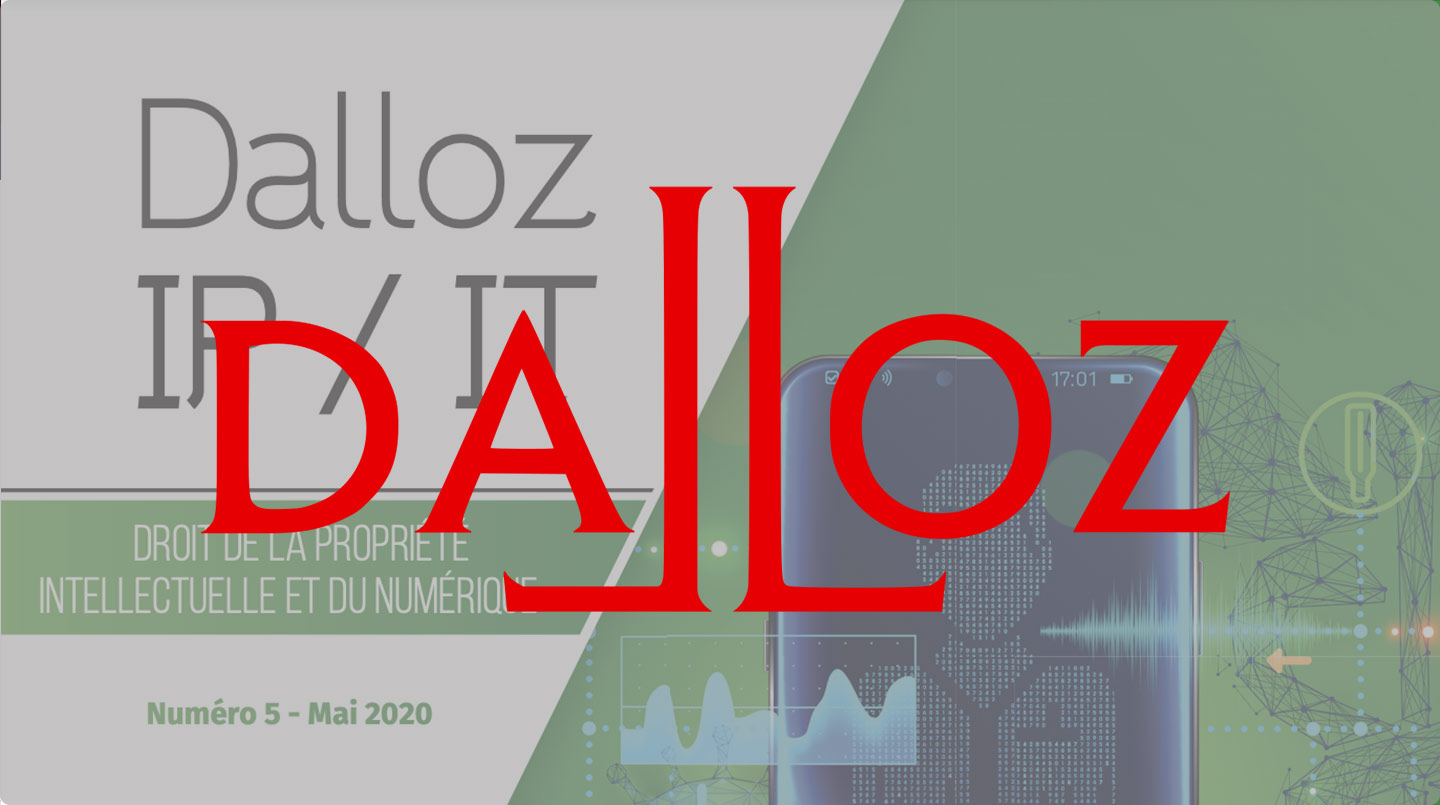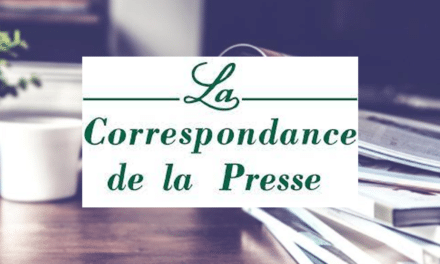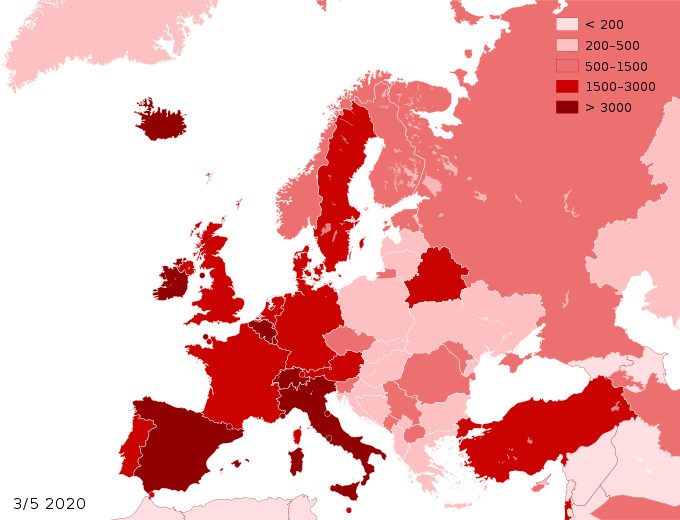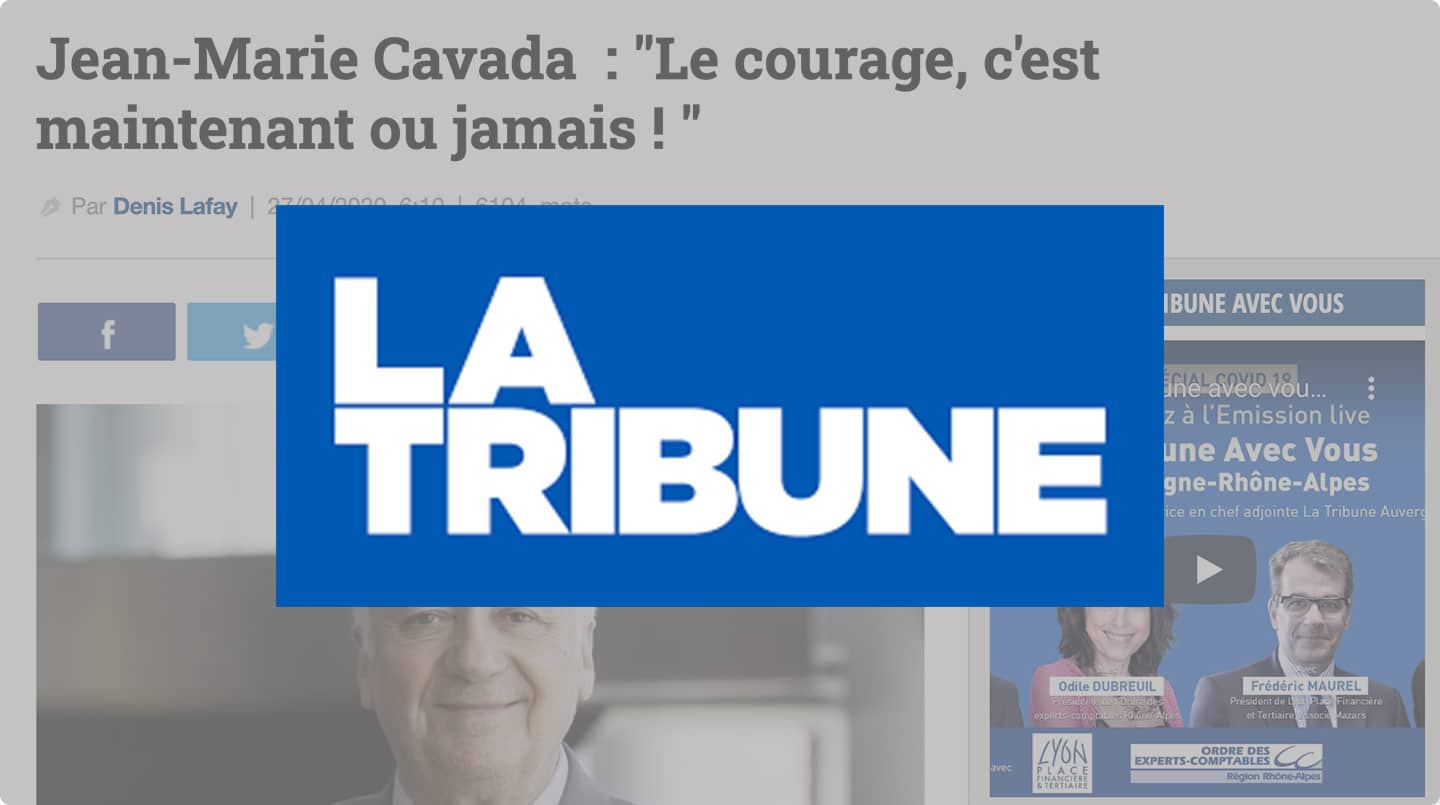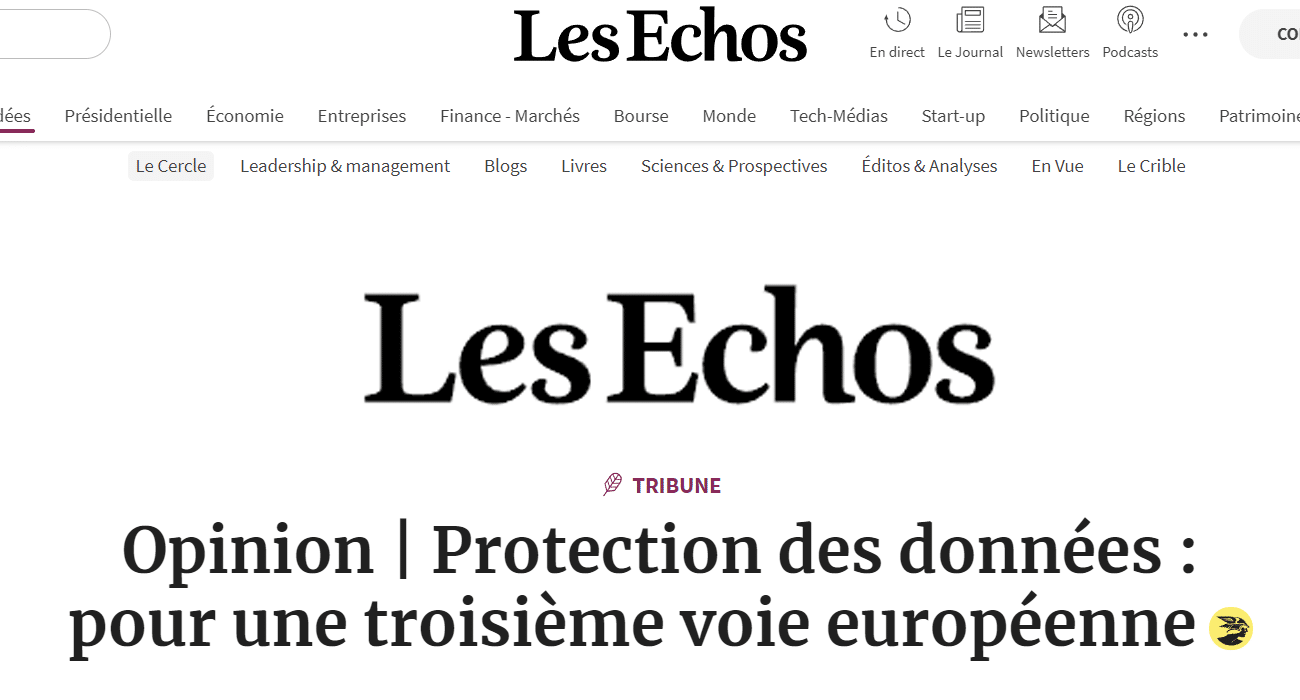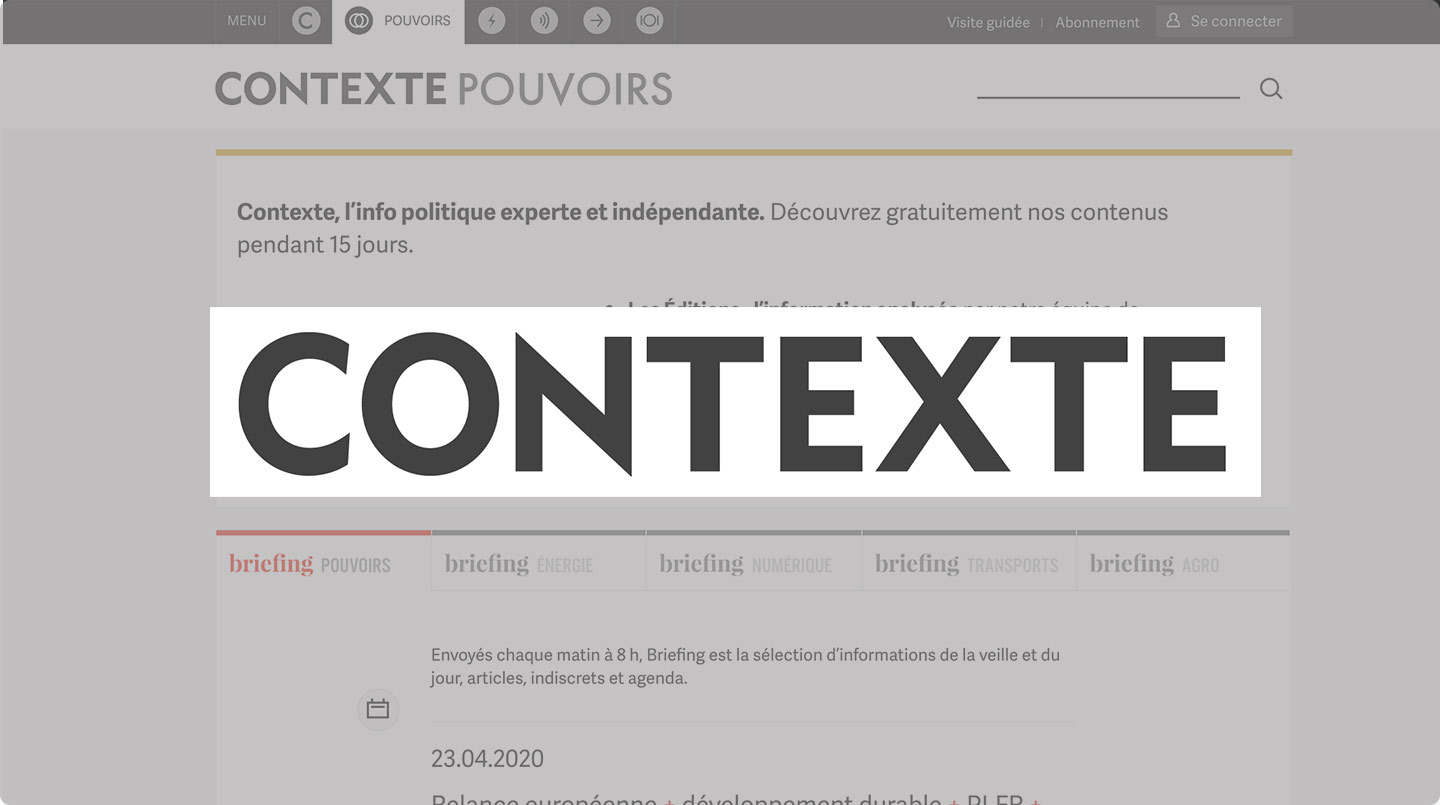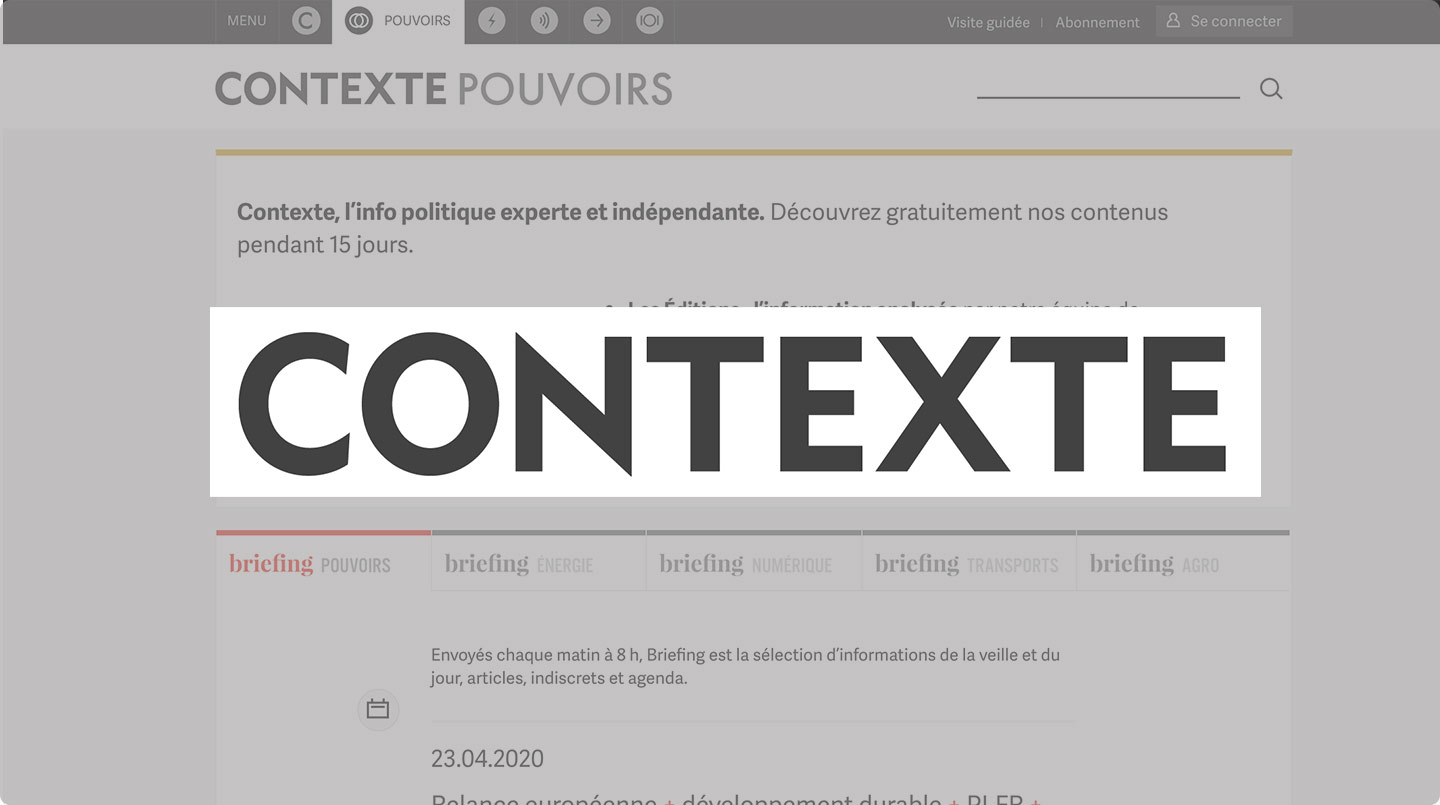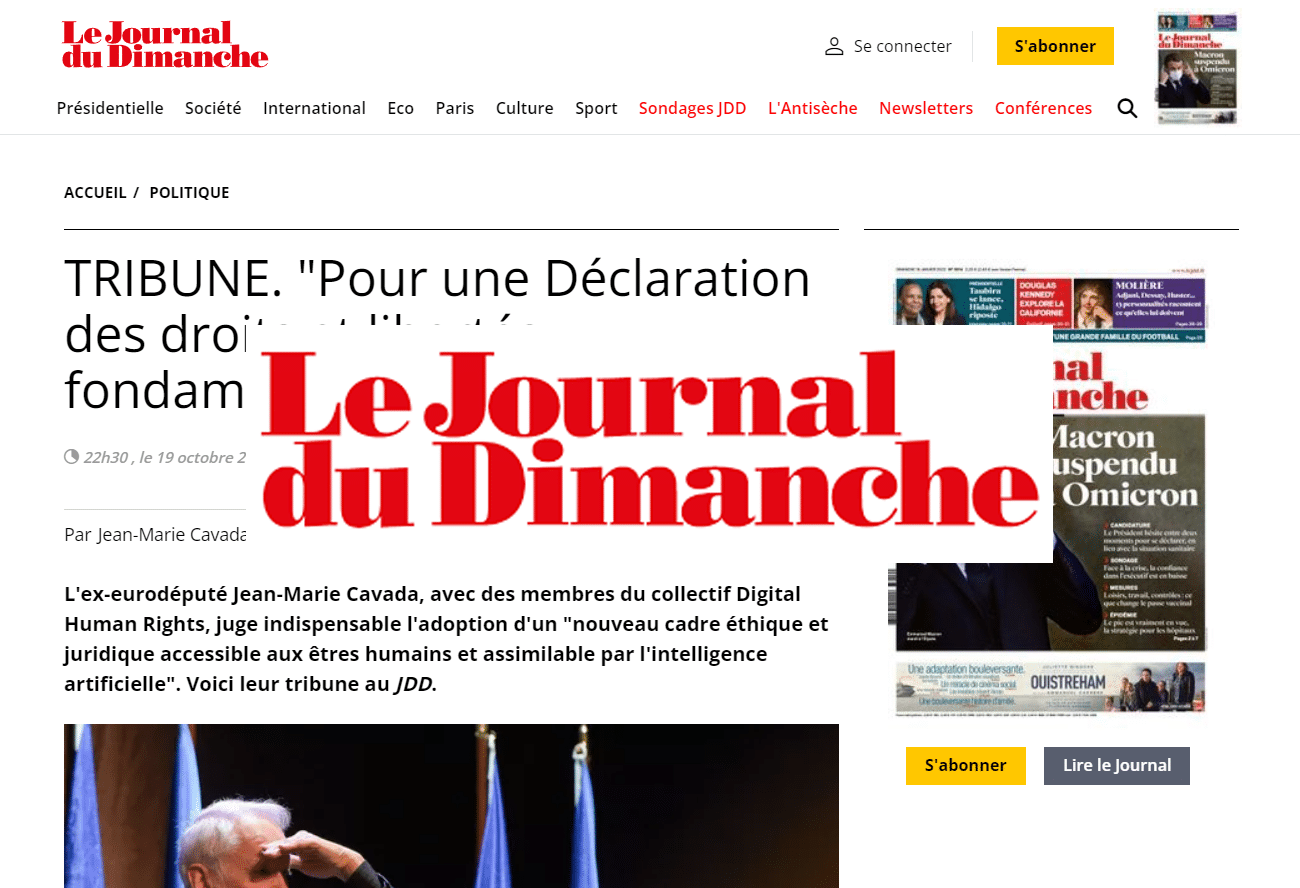Accueil I #Actualités I
Madame la Députée, Monsieur le Député,
C’est dans la perspective du vote du DSA en commission JURI le 30 septembre prochain que l’Institut des Droit Fondamentaux du Numérique (iDFrights) souhaite vous faire part de son analyse quant aux amendements qui vous seront soumis.
iDFRights soutient globalement l’esprit des compromis proposés et remercie le rapporteur Geoffroy Didier pour sa détermination et les efforts accomplis pour tenter de dégager autour de lui une large majorité.
Néanmoins, iDFRights, regrette que la difficulté des négociations ait amené le rapporteur à s’éloigner, lors de la rédaction des amendements de compromis, de son projet d’avis initial. IDFrights appelle donc les Députés européens de la commission JURI à œuvrer en faveur du renforcement de notre souveraineté numérique dont dépendent les industries culturelles et créatives européennes.
C’est pourquoi iDFrights soutient :
- L’inclusion dans les amendements de compromis d’un principe de non-réapparition des contenus notifiés, qui devrait garantir qu’aucun contenu illégal, équivalent ou similaire ne puisse réapparaitre sur la plateforme en question. (CA 14)
- L’inclusion dans les amendements de compromis d’une clarification de l’éligibilité au régime de responsabilité basée sur la distinction entre un fournisseur de services intermédiaires actif ou passif (CA4).
- La préservation de la Directive droits d’auteurs en tant que lex specialis(CA1)
Toutefois l’Institut regrette :
- L’inclusion dans le compromis 1 (CA1.5a) de la demande de publication de lignes directrices (guidelines) par la Commission concernant les relations entre le présent Règlement et les autres textes législatifs listés dans l’article 1(5). En effet , compte tenu de la nature transfrontalière des services intermédiaires en ligne et du fait qu’il s’agit bien ici d’un Règlement et non d’une Directive, la publication de lignes directrices risquent d’être surtout une source d’insécurité juridique et de contribuer davantage à une fragmentation du marché intérieur.
- Que les amendements de compromis altèrent la possibilité de recourir à des outils automatisés de gestion des contenus dans la mise en œuvre des objectifs du règlement. Les amendements introduisent une mauvaise appréciation du caractère proportionné et ciblé de leur mise en œuvre. Au regard de l’échelle considérable des dommages potentiels et la vitesse de diffusion des contenus illicites, ces outils jouent un rôle essentiel pour répondre à ces défis. (CA 6 – article 7-1 et 2)
Par ailleurs, l’Institut souhaite faire part de sa préoccupation concernant le champ d’application des obligations de vigilance. L’institut regrette une occasion manquée d’élargir le champ d’application des obligations de traçabilité et d’identification d’un usager professionnel ( Know Your Business Customer) à d’autres fournisseurs de services intermédiaires en ligne que les places de marché. Il s’agissait ici, de s’assurer que, compte tenu du caractère évolutif des modèles économiques, le présent règlement reste pertinent afin de répondre aux enjeux présents et futurs de l’économie numérique.
Enfin, dans un souci constant de renforcement de la souveraineté numérique européenne, iDFRights appelle les Députés de la commission JURI à rejeter l’ensemble des amendements de compromis alternatifs qui non seulement s’éloignent totalement de la philosophie proposée par la Commission européenne mais qui par-dessus tout ne reflètent en rien la position largement partagée par la très grande majorité des Députés européens.
Vous remerciant de l’attention que vous porterez à courriel et comptant sur votre soutien lors du vote du 30 septembre prochain, je vous prie de croire, Madame la Députée, Monsieur le Député à l’expression de mes respectueuses salutations.
Jean-Marie Cavada
Président de l’Institut des droits fondamentaux du numérique
EN
Dear Member of the European Parliament,
It is in the perspective of the vote of the DSA in the JURI commission on September 30th that the Institute of Digital Fundamental Rights (iDFrights) wishes to share its analysis of the compromise amendments that will be submitted to you.
iDFRights supports globally the spirit of the proposed compromises and thanks the rapporteur Geoffroy Didier for his determination and the efforts made to try to get a large supporting majority in the JURI Committee.
However, iDFRights regrets that arduous negotiations have led the Rapporteur, Geoffroy Didier to move away from his initial draft opinion when drafting the compromise amendments. Therefore, IDFrights calls on the MEPs of the JURI committee to work towards strengthening our digital sovereignty on which the European cultural and creative industries depend.
This is why iDFrights supports:
- The inclusion in the compromise amendments of a stay-down principle for notified content, which should ensure that no illegal, equivalent or similar content can reappear on the platform in question. (CA 14)
- The inclusion in the compromise amendments of a clarification of the eligibility to the liability regime based on the distinction between an active or passive intermediary service provider (CA 4).
- The preservation of the Copyright Directive as a lex specialis (CA1).
However, the Institute regrets :
- The inclusion in the 1st compromise (CA 1.5a) of the request for the publication of guidelines by the Commission concerning the relationship between this Regulation and the other legislative texts listed in Article 1(5). Indeed, given the cross-border nature of online intermediary services and the fact that this is a Regulation and not a Directive, the publication of guidelines is likely to be a source of legal uncertainty and to contribute further to the fragmentation of the internal market.
- That the compromise amendments alter the possibility of using automated content moderation tools in the implementation of the objectives of the Regulation. As a matter of fact, the amendments introduce a misjudgment of the proportionality and focus of their implementation. Given the considerable scale of potential harm and the virality and speed of the dissemination of illegal content, these tools play an essential role in meeting these challenges. (CA 6 – article 7-1 and 2)
Furthermore, the Institute wishes to express its concern regarding the scope of application of the obligations of vigilance. The Institute considers this as a missed opportunity to extend the scope of the obligations of traceability and identification of a professional user (Know Your Business Customer) to other providers of online intermediary services other than marketplaces. The aim here shall be, to ensure that, given the evolving nature of business models, the present Regulation remains relevant in order to meet the present and future challenges of the digital economy.
Finally, in a constant concern to reinforce European digital sovereignty, iDFRights calls on the Members of the JURI Committee to vote against all the alternative compromise amendments which not only totally depart from the philosophy proposed by the European Commission but which above all do not reflect the position widely shared by the vast majority of MEPs.
Thanking you for the attention you will give to this e-mail and counting on your support during the vote on September 30th , we would like to extend to you our best regards,
Jean-Marie CAVADA
Président de l’Institut des droits fondamentaux du numérique

















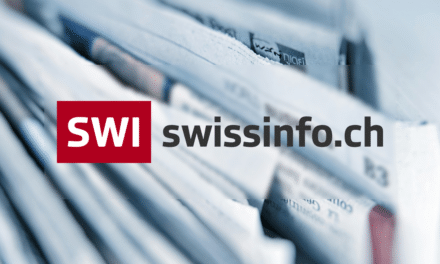







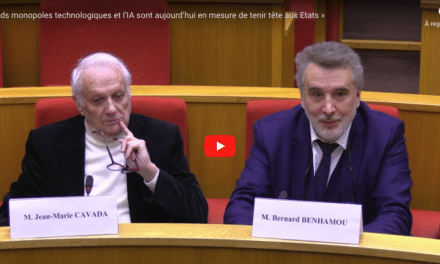







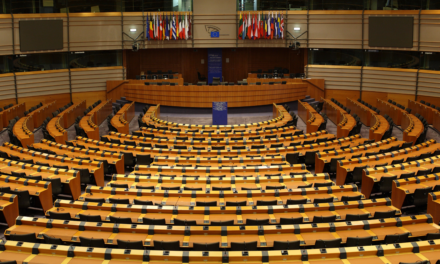



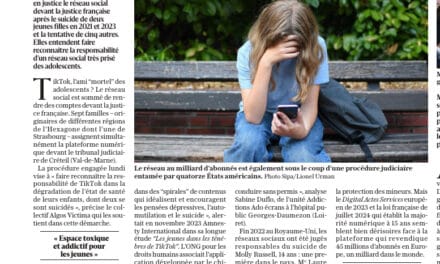




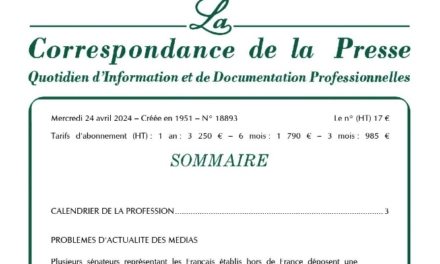





![[DSA, AI Act] Régulation, et si l’Europe avait raison ? Podcast les Eclaireurs du Numérique avec Jean-Marie Cavada](https://idfrights.org/wp-content/uploads/2023/12/8c234391-01e8-40d4-9608-4ea6c80d4f11-440x264.jpg)


